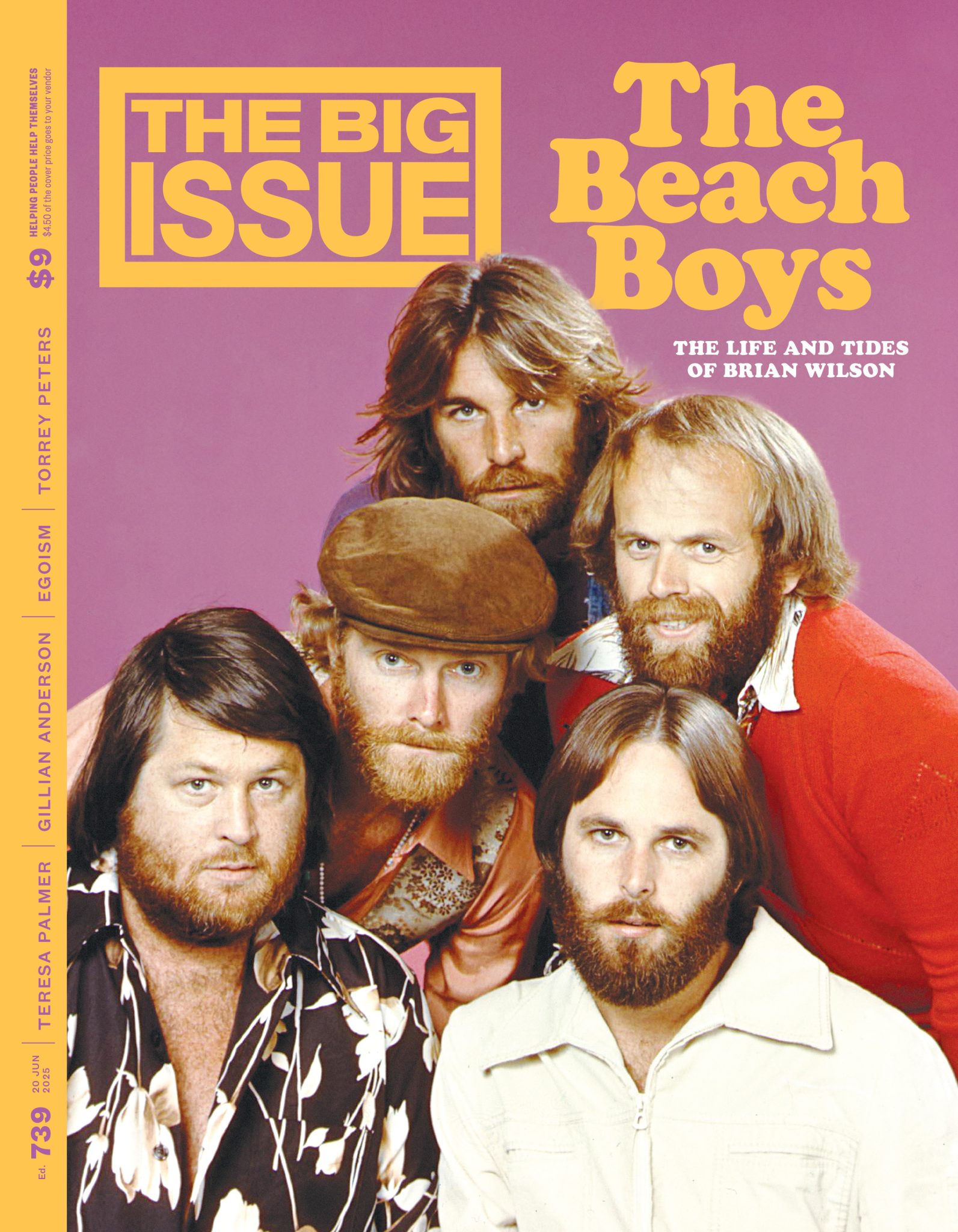Hannah Diviney would give anything for another round of cards with Nan and Pa.
It’s a Saturday night in the summer. Cicada song filters in, loud and defiant from behind the screen door. The slightest breeze brushes the lace curtains. The wooden table in the dining room has been extended, covered in a white tablecloth; the cutlery sets boxed away again until tomorrow. With the barbecue over – the sausages eaten, the potatoes demolished and the salad decimated – there’s only one thing left to do. It’s time to play cards.
The pack is pulled from the top drawer of the old cabinet filled with glassware and family photos. A piece of paper and a pen are procured – there has never been a shortage in this house, the one my mum lived in from the age of 10, that we only packed up a few summers ago when it was time for Pa to move into a nursing home.
The fearsome four straighten their backs, wipe their glasses, their hands at the ready. Worn and callused. Spotted with age. Tanned from decades of work in the garden. These are the hands that cradled my mum when she was first born, that turned the pages teaching me to read out loud. For Nan, Pa, Uncle Jack and Aunty Heather, these games are serious business.
They’ve been playing for years, keenly aware of each other’s tells, celebrations and cheeky tricks. For the rest of us – the adults who got to watch or maybe even, if they were lucky, be dealt in, and us kids who fought to commandeer the most comfortable knee to sit on – this was fascinating. Like watching dancers up close. We took note of who teased and sighed and let the others know when they weren’t happy, often directed at Pa or Uncle Jack, who was always the penciller keeping score. A well-placed elbow. A dry quip. A muttered “damn” that made the grandkids’ eyes widen in shock. These are some of my fondest childhood memories.
I’d normally be the closest to the action. Sometimes my wheelchair and the need to be at the table (or else, in the way) came in handy. My eyes would dart between the two hands of cards I could see, resisting the urge to whisper hints in whomever’s ear I chose. Uncle Jack could usually be persuaded to explain the rules, his soft voice commentating as the rounds spun on. If I was lucky, he might even let me pick which card to play, gently nudging me if I needed to rethink our move.
All too soon, Mum would speak up, hands cradling her cup of tea. “Alright, you lot. Time for bed.”
We’d protest, gently begging for one more round. It might die down for a sneaky hand or two, but the call would come again, firmer this time, smirking at our stifled yawns and attempts to keep our eyes open. Eventually, we’d give in, saying goodnight and pressing kisses to cheeks before trudging to bed, falling asleep to the sound of laughter and family.
It’s funny how much you can miss something so simple when it’s gone. When you’re younger, you don’t realise that everyone’s been dealt a hand, that we’ll all eventually run out of cards. If we did, we’d stop. Slow down. Linger longer. I think I’d give just about anything to watch another game of cards. I wouldn’t go to bed at all. Instead I’d ask them every question I’ve ever had; fill libraries with their stories.
These days, the hands playing cards have changed. Gone are the wrinkled and grand – the hands that wiped scraped knees, baked cakes, and knitted booties for babies. There are still old hands, but now they’re my mum’s, playing with her siblings and their partners, pushing back strands of greying hair. Sometimes when she’s helping me out of bed or pulling on my clothes, I see them and startle. They look like Nan’s did.
The hands of time have marched on. Now it’s my sister’s hands in the mixing bowl, pulling the cake from the oven. My other sister, the youngest, has a reputation for carrying a pack of playing cards in her schoolbag. She pulls them out on end-of-term days when teachers have given up pretending that learning is happening. Their games are fast and loud, their sighs and sharp elbows well-learned. And me? I just sit here and write it all down, my hands dancing over keys because my feet can’t over floors. Collecting these things is the biggest I love you I can give. There’s nothing I want to do more.
By Hannah Diviney
Hannah Diviney is a leading writer, disability and women’s rights advocate in Sydney. She is the co-founder and editor‑in-chief of Missing Perspectives. She also plays the female lead in the SBS series Latecomers. I’ll Let Myself In is her first book.
Published in ed#699
